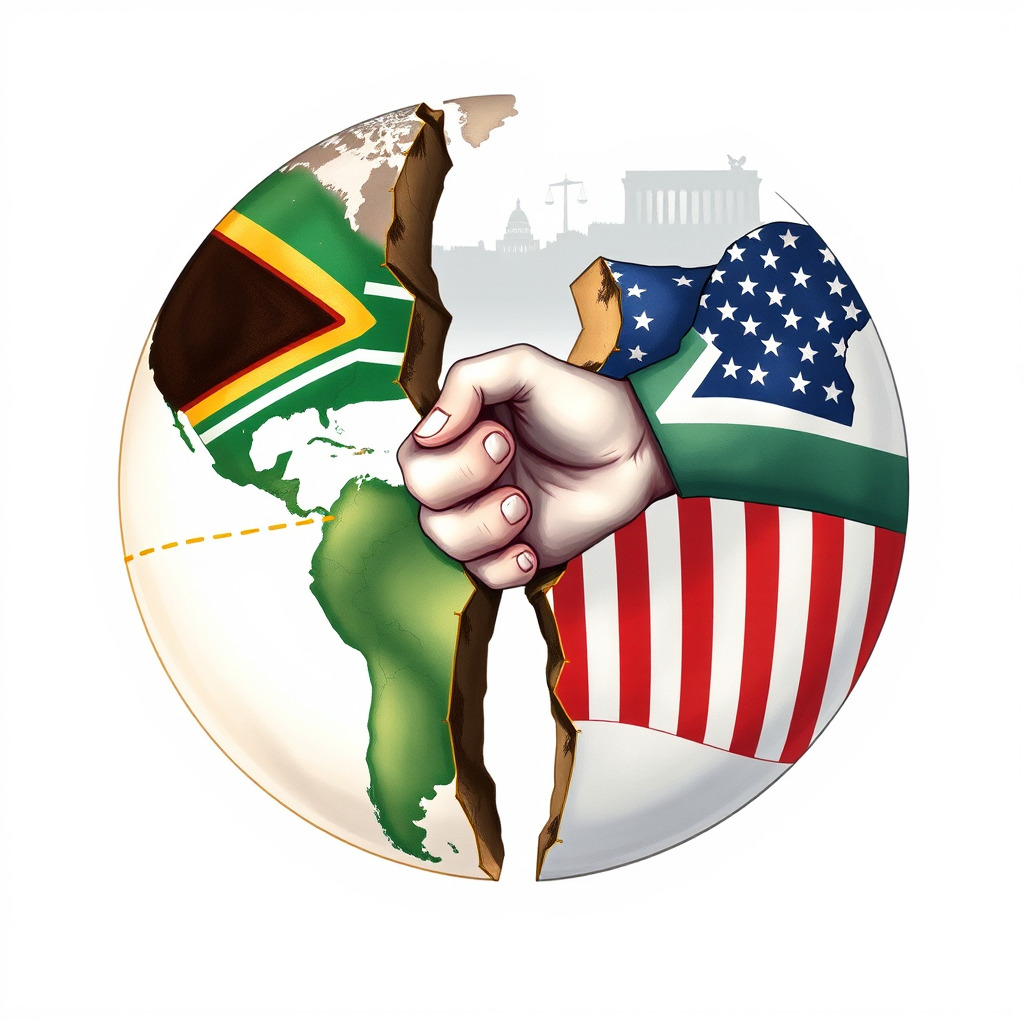South Africa Responds to Envoy Expulsion, Sends Special Representative

South Africa has moved to repair strained relations with the United States by appointing former Deputy Finance Minister Mcebisi Jonas as a special envoy, following the expulsion of its ambassador, Ebrahim Rasool, in March. The diplomatic fallout stems from a series of escalating disputes between the two nations, largely fueled by former President Donald Trump’s publicly voiced grievances.
The crisis deepened significantly over accusations regarding land reform in South Africa. Trump repeatedly claimed, and reiterated this weekend on his Truth Social platform, that white farmers were being targeted with land seizures and violence. These claims have been vehemently denied by the South African government, which attributes them to misinformation propagated by figures like Elon Musk. While South Africa recently passed legislation allowing for land expropriation without compensation in the public interest, officials maintain no such seizures have occurred.
The dispute extends beyond domestic policy. Trump’s administration also took issue with South Africa’s foreign policy, specifically its case brought before the International Court of Justice accusing Israel of genocide in Gaza, and allegations of support for Hamas and Iran. These concerns led to an executive order in February cutting U.S. funding to South Africa.
The expulsion of Ambassador Rasool followed a webinar presentation where he offered a critical assessment of the “Make America Great Again” movement, characterizing it as stemming from a “supremacist instinct” and viewing it as an attack on established power structures. U.S. officials, including Senator Marco Rubio, labeled Rasool’s remarks as racially charged and unacceptable.
The appointment of Jonas signals a clear attempt by South Africa to de-escalate tensions and rebuild a working relationship with the U.S., despite the ongoing disagreements. However, the deeply entrenched nature of the disputes, particularly regarding land reform and international policy stances, suggests a challenging path forward. It remains to be seen whether this diplomatic effort will be enough to overcome the significant damage done to the relationship, especially given the continued prominence of Trump’s rhetoric. The situation is further complicated by South Africa’s current presidency of the G20, and Trump’s expressed reluctance to participate in the Johannesburg summit if it proceeds as planned. This creates a potentially awkward and disruptive scenario for international diplomacy.